NNPHI 20th Anniversary
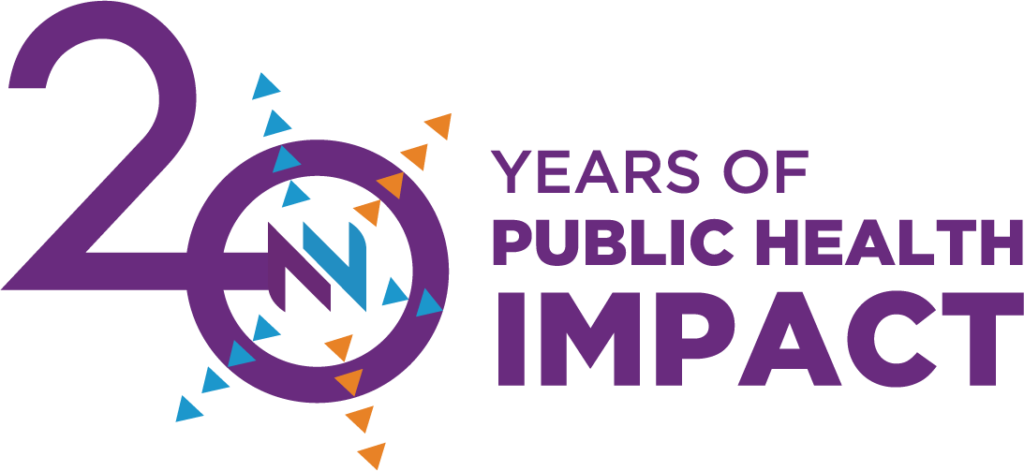
Celebrating 20 years of public health impact.
This year marks NNPHI’s 20th anniversary of serving as the official organization that represents a growing network of more than 40 member public health institutes, affiliate members, and emerging institutes in over 30 states spanning all ten Department of Health and Human Services regions.
I am proud of the collaborative work underway with our many network partners. Our focus on systems, structures, and outcomes just in the last five fiscal years is illustrated by NNPHI making more than $33.4 million dollars in competitive public health capacity in states, tribes, and communities across the nation.
As we continue our capacity-building efforts. I strongly believe that our health and racial equity work must remain front and center to our work. This cannot be a fad that fades into the background once we turn the corner on this pandemic.
Two Decades of Impact

Performance and Quality Improvement ➤ Building Capacity in Local, State, Territorial, and Tribal Health Departments
Through a trio of programs funded by CDC – Public Health Improvement Training, Strategic Scholars, and the Public Health Performance Improvement Network – NNPHI works with practitioners in health departments on performance improvement activities from accreditation to community health assessments to strategic planning. These capacity-building programs consist of in-person and virtual trainings, coaching and mentorship, and an online community for networking and resource sharing – all designed to strengthen the skills of the public health workforce.

Public Health Institute Development ➤ Building Capacity to Support Indigenous Health and Wellness
Seven Directions, A Center for Indigenous Public Health (Seven Directions), is the first national public health institute in the United States focused solely on Indigenous health and wellness for all tribal and urban American Indian and Alaska Native communities. Seven Directions began with the tribal public health institute feasibility study, a process that engaged a diverse Advisory Board committed to Indigenous health from tribes, regional tribal health boards, tribal epidemiology centers, academia, urban health organizations, and national partners, including the National Indian Health Board. The process engaged tribes across the country in roundtable discussions about improving Indigenous health and wellness. NNPHI has been a collaborative partner, providing ongoing technical assistance through funding from the Robert Wood Johnson Foundation, WK Kellogg Foundation, and the Centers for Disease Control and Prevention. NNPHI currently provides support for the development of Seven Directions, both through tailored technical assistance and through collaborative projects.

Public Health Learning Network ➤ Providing High-Quality Learning Opportunities
NNPHI is home to the National Coordinating Center for Public Health Training, mobilizing the nation’s most comprehensive network of public health trainers, practitioners, and thought leaders to support public health’s most valuable resource—its workforce. The Public Health Learning Network (PHLN) offers high-quality training courses and tools that are adaptable and easy to access—providing engaging learning opportunities online or in-person. Public health professionals rely on PHLN to help them keep up in a dynamic field—no matter their position, area of expertise, or work setting. Operating as an active learning community, PHLN brings the experience of public health leaders, practitioners, and educators together to create relevant, applicable learning opportunities.
Our Strong & Growing Network
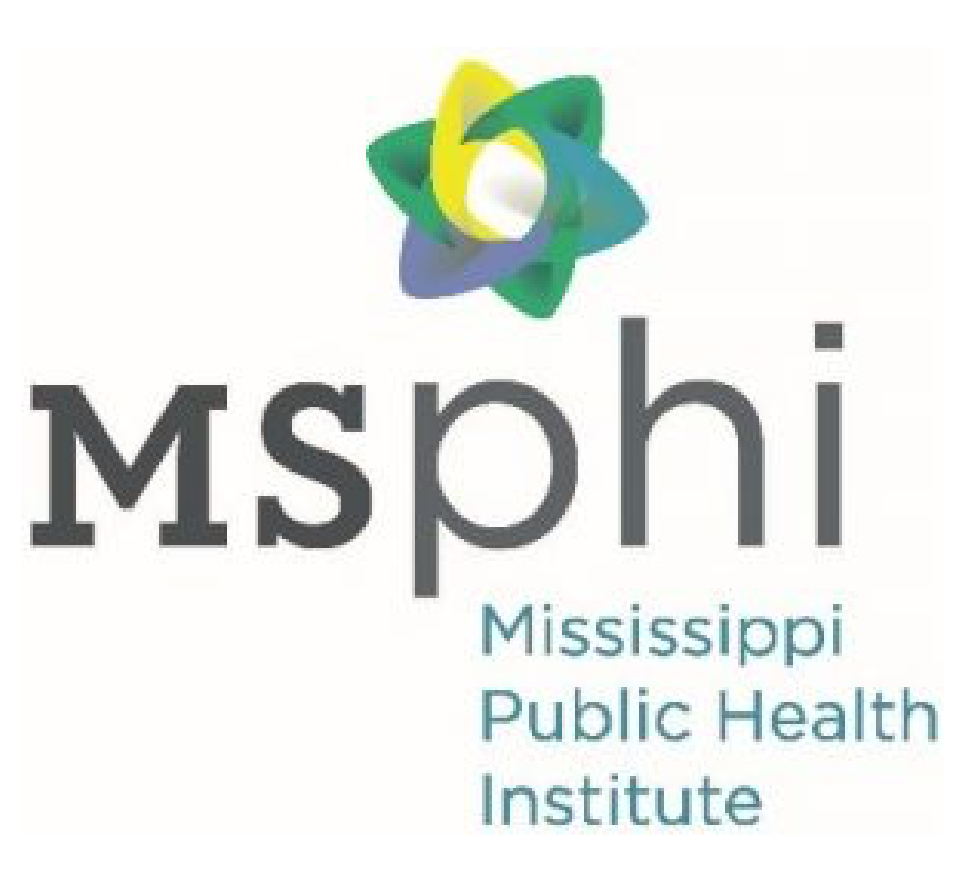
REDUCING DIABETES IN MISSISSIPPI DELTA
Mississippi Public Health Institute and their partners with the MS Department of Health, University of MS Medical Center, the MS Division of Medicaid, and the University of MS School of Pharmacy, implement a coordinated approach to lower the incidence and severity of diabetes in the Delta Region. RESULTS: By integrating existing medical and non-medical systems of care, supporting the creation of patient-centered medical homes, and developing policies that positively impact environmental and social determinants of health-related to type 2 diabetes, results to date show significant decreases in A1 C levels.
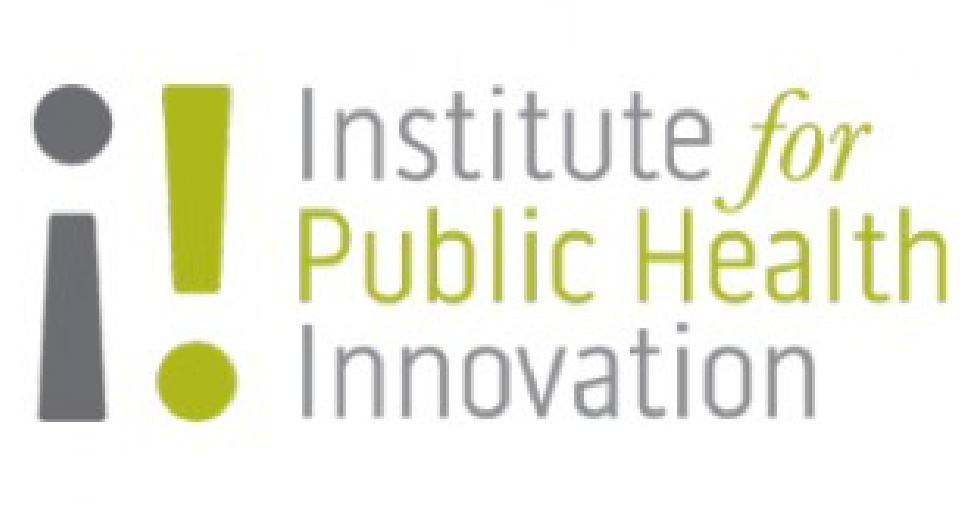
IMPROVING LIVES OF PERSONS LIVING WITH HIV IN DC
Positive Pathways, created by the Institute for Public Health Innovation, placed community health workers in clinical and non-clinical settings (e.g., community-based organizations, community health centers, hospitals, health departments, and Medicaid MCOs) to support out-of-care HIV-positive individuals. RESULTS: After 12 months of working with a community health worker, median CD4 cell count increased to 524 cells/ μL, median viral load decreased to 75 RNA copies/mL, and 78% of participants had a suppressed viral load.
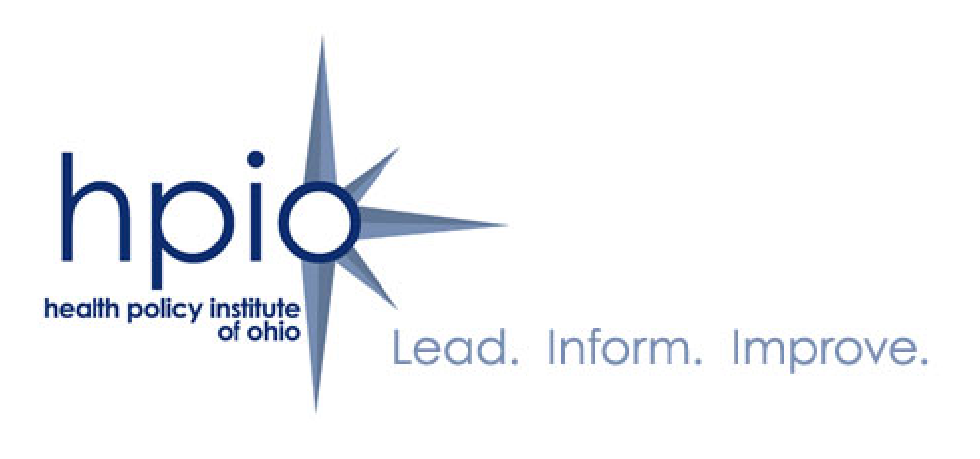
USING A DATA DASHBOARD TO SET PRIORITIES, CATALYZE CONVERSATIONS AND EVALUATE EXISTING POLICY STRATEGIES
In 2014, the Health Policy Institute of Ohio developed Ohio’s first Health Value Dashboard, a tool that analyzes Ohio’s health challenges, highlights evidence-based strategies and tracks progress over time. The Dashboard took the unique approach of analyzing overall health and healthcare spending metrics, equally weighted, to determine states’ overall health value rank. RESULTS: Since the introduction of the first Dashboard, policymakers and other stakeholders have consistently used the data to set priorities, catalyze conversations, and evaluate the effectiveness of existing policy strategies. Data from the Dashboard was cited at least seven times in testimony to the Ohio General Assembly. One legislative leader commented, “The Dashboard has really become a go-to report. Now it’s part of the fabric of what we do.” In addition, a set of metrics in the Dashboard served as the foundation for Ohio’s 2016 and 2019 state health assessments.
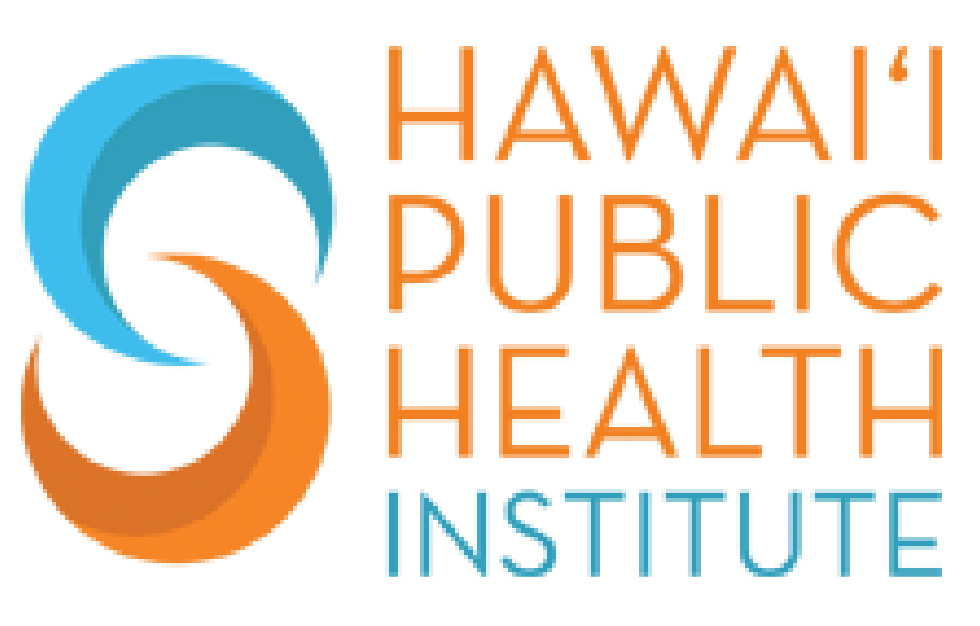
REDUCING SMOKING RATES THROUGH POLICY CHANGE
The Coalition for a Tobacco-Free Hawai‘i (Coalition), a program of the Hawai‘i Public Health Institute (HIPHI) has worked with the Hawai‘i State Department of Health (DOH), and several community partners to reduce smoking. Big wins include statewide smoke-free clean indoor air law, law updated in 2016 to include e-cigarettes, a cigarette tax of $3.20, OTP tax, 70% of the wholesale price, the first state in the nation to raise the age of sale of tobacco and e-cigarettes to 21, tobacco-free state parks, and smoke-free cars when a minor is present (in each county). RESULTS:
- Smoking declined from 27.9% to 8.1% among high school youth, and 9.1% to 5.0% among middle school youth. This translates to 9,400 fewer youth smokers and an estimated $197.4 million savings in future health care costs.
- Adult smoking rates decreased from 19.9% to 13.1%, which translates to about 73,300 fewer adult smokers and an estimated savings of $806.3 million.
- Smoking among pregnant women declined from 8.4% to 4.5%. This translates to about 700 fewer pregnant smokers and about $840,000 in healthcare savings.
- For every $1.00 spent on tobacco prevention, Hawaii saved about $6.64 in direct healthcare costs.
20 Years and Still Learning. Learn with us.

Since 2001, the NNPHI Annual Conference is the only national meeting that supports and highlights the work of the nation’s public health institutes. NNPHI members lead conference programming that explores fresh concepts and strategies for supporting healthy communities at the local, state, and federal levels.
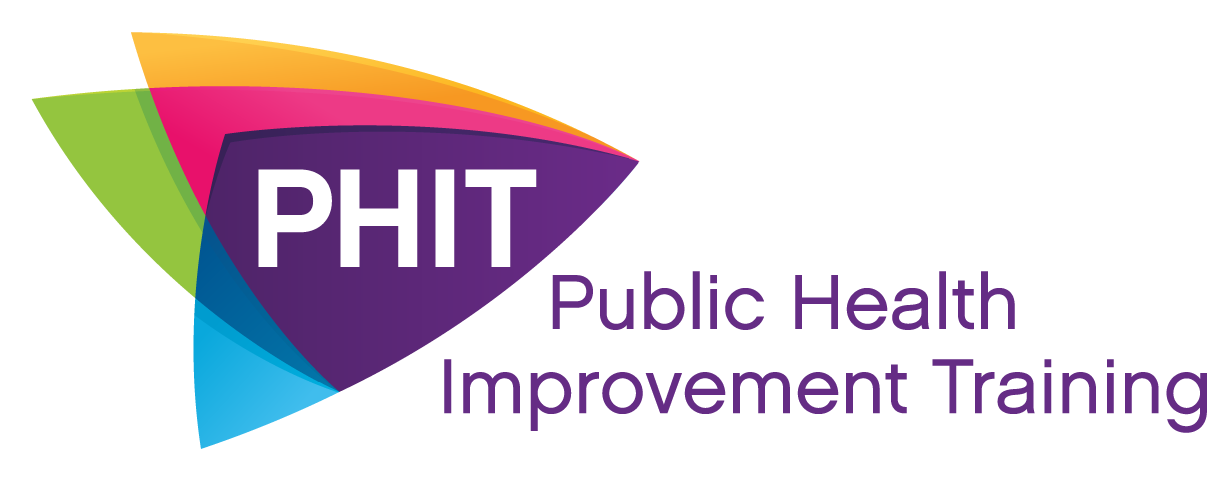
Public Health Improvement Training
The Public Health Improvement Training features hands-on, skill-building workshops designed to elevate practice to the next level for the public health improvement workforce in order to take action in public health performance improvement topics.
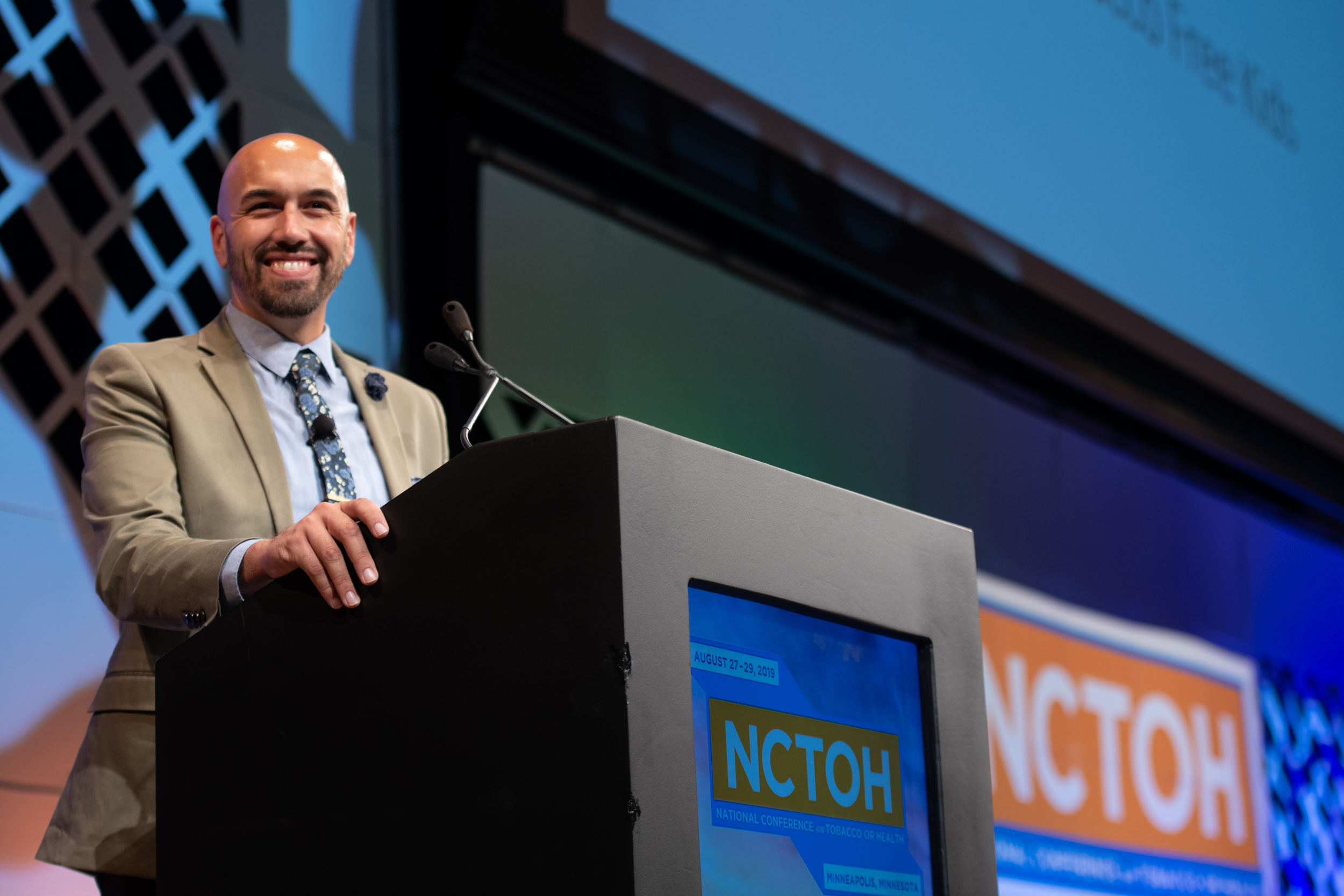
National Conference on Tobacco or Health
The National Conference on Tobacco or Health (NCTOH) is one of the largest, long-standing gatherings for top United States tobacco control professionals. The convening attracts a diversity of public health professionals committed to best practices and policies to reduce tobacco use—the leading preventable cause of disease and death in the United States.
 Subscribe To Our Communications
Subscribe To Our Communications